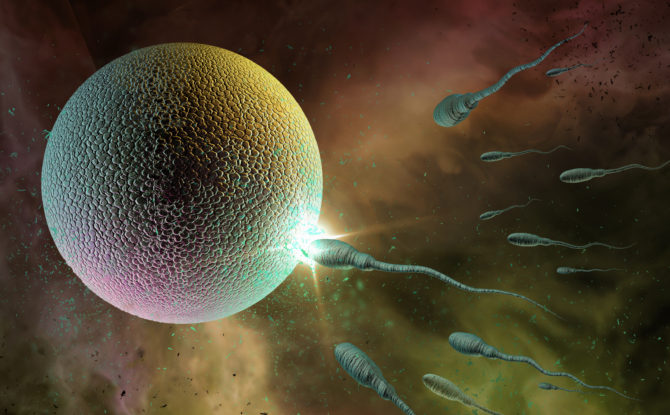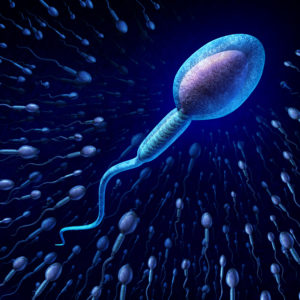
New standards will tighten rules governing sperm and egg banks in Canada
Rigorous screening requirements would apply to those who donate sperm and eggs within Canada as well as abroad, when intended for export to Canada.
Sperm and egg banks will be required to review donors’ medical records and conduct more genetic testing under proposed new Canadian standards for assisted reproduction, which will be unveiled within two weeks, the Star has learned.
Developed by the Canadian Standards Association at the request of Health Canada, the new draft standards are intended to bring the country’s woefully outdated regulatory framework around assisted reproduction into the 21st century, says Dr. Arthur Leader, chair of a CSA subcommittee on assisted reproduction.
Rigorous screening requirements would apply to those who donate sperm and eggs within Canada as well as abroad, when intended for export to Canada. Most donated sperm and eggs used in Canada comes from abroad.
Had these improvements already been in place, it’s unlikely the sperm of a U.S. man who turned out to have been diagnosed with a number of serious mental illnesses, including schizophrenia, would have made its way across the border, Leader says.
“If there had been a validated medical record, they would have caught this case,” he said.
But the truth about his health was revealed only after Xytex mistakenly released his name to some mothers in an email. Until then, he had been anonymous.
Angie Collins, a Port Hope, Ont., woman who is mother to a nine-year-old boy created from Aggeles’ sperm, is thrilled about the proposed changes, particularly the requirement for sperm banks to check donors’ medical questionnaire against their health records.
Collins is one of a number of mothers who is suing Xytex.
“Until now, the honour system has been the relied-upon method and it is clearly ineffective. This would help to prevent situations like ours from arising. Parents would not have to spend years wondering if their child will or will not inherit the donor’s known debilitating mental health conditions,” she said.
The CSA’s new draft standards are intended to underpin improvements to the regulatory framework of assisted human reproduction legislation. They are being released for public commentary.
“Suggestions are most welcome because we want the best standards in the world. The hope is that Health Canada will reference these standards in their entirely in their regulations,” Leader said.
The news of the pending release of the draft standards comes a week after Health Canada announced plans to strengthen and clarify the regulations in the Assisted Human Reproduction Act.
Canada’s current semen regulations are focused primarily around screening donor sperm for sexually transmitted infections such as HIV, Hepatitis B and C and gonorrhea.
There exist no regulations for donor eggs or donor embryos.
TheStar.com by Theresa Boyle – 10/7/2016
Click here to read the entire article.
